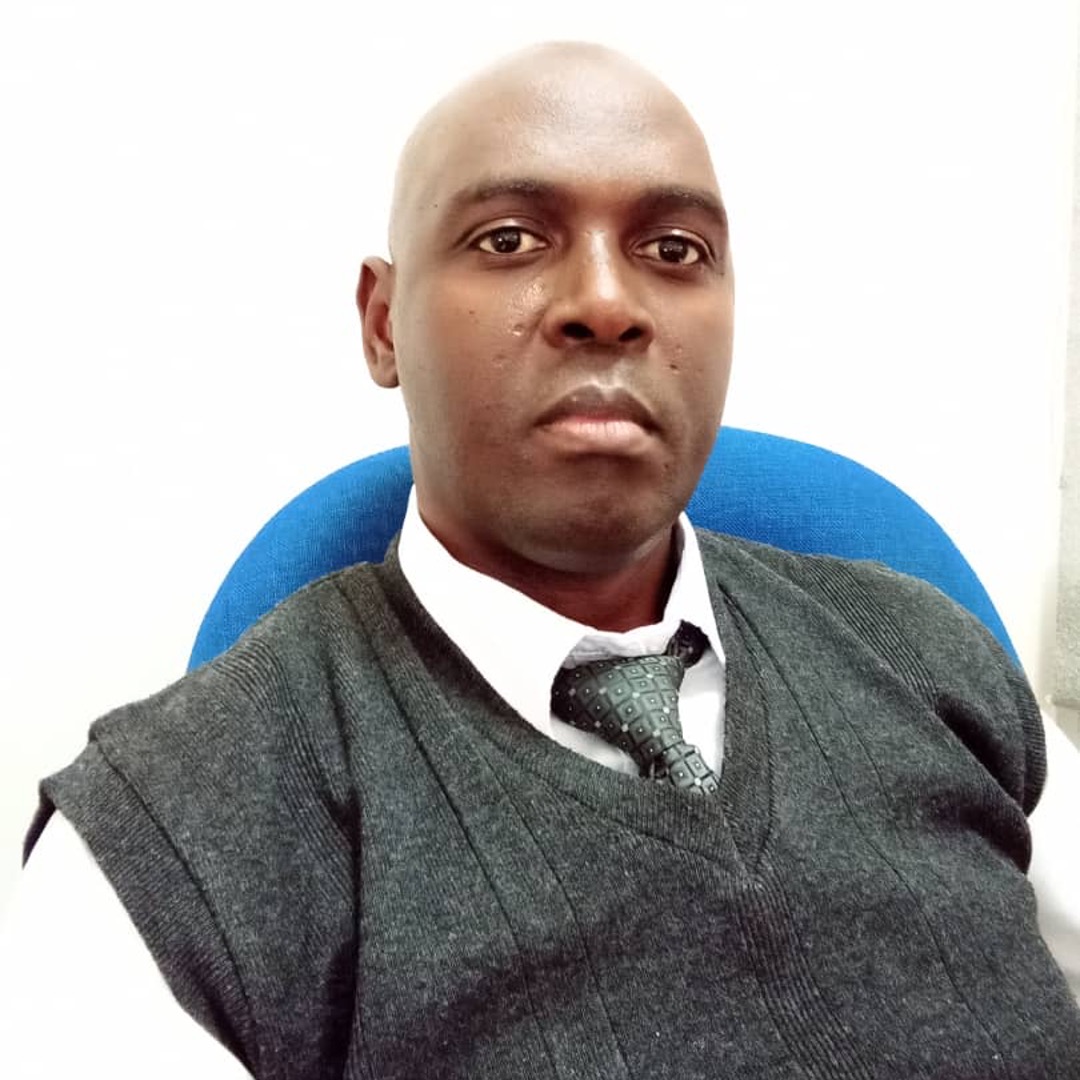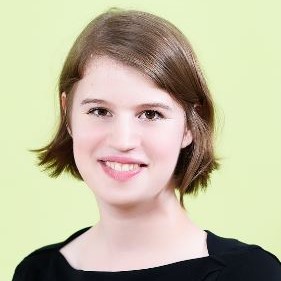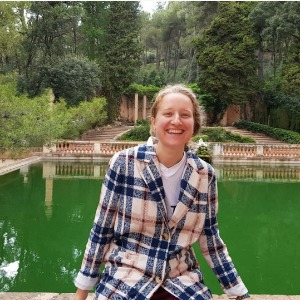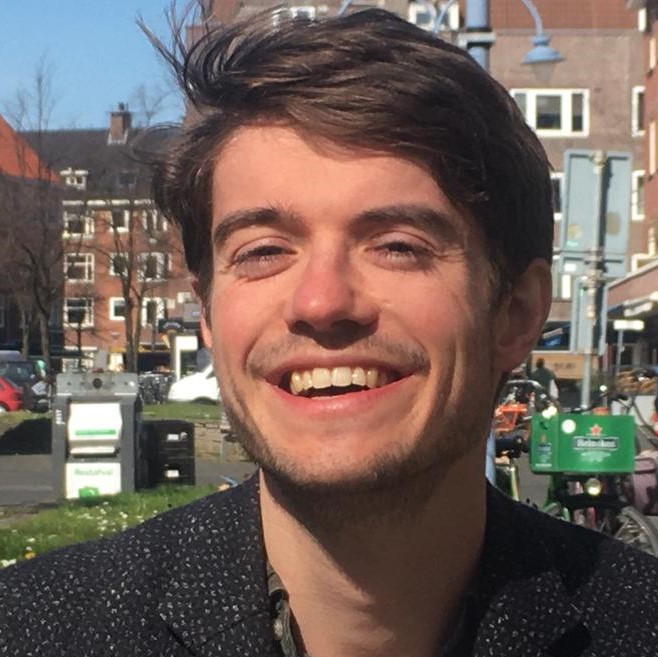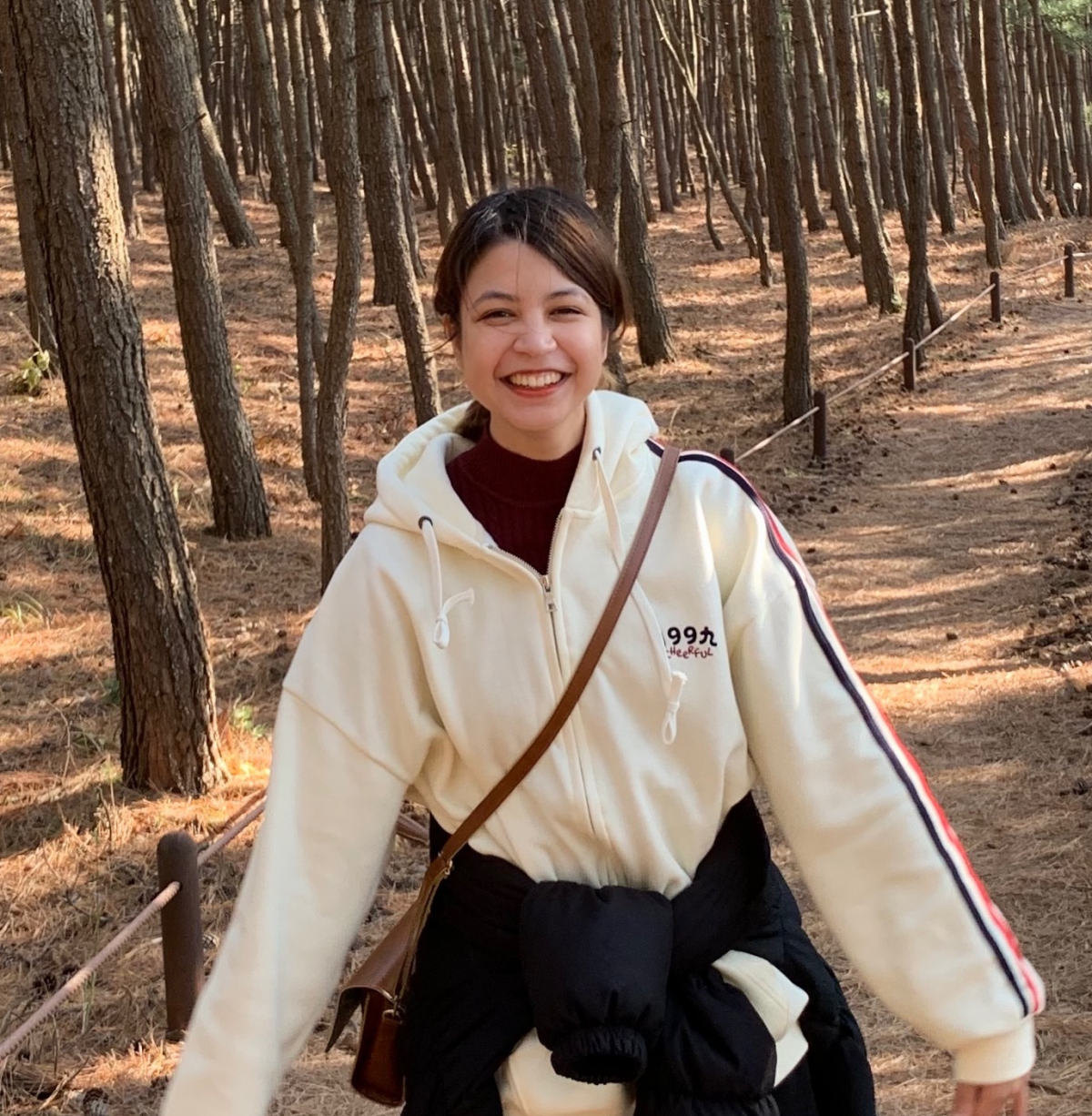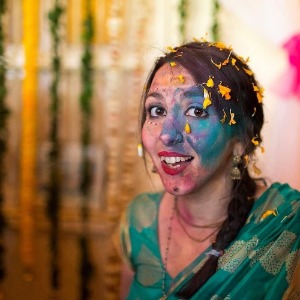My Pandemic-Shaped Degree in Public Administration
Patrick had just enrolled on a Master's programme when the lockdown for Covid-19 shut down his country. However, this period of forced isolation helped him to discover a healthier way of life.
Uganda, Africa
Story by Patrick Kajuma. Edited by Maria Grazia Calarco
Published on December 4, 2022.
Reading time: 4 minutes
Covid-19 has had devastating effects in Uganda. I was most impacted by lockdowns that disrupted my academic studies. Uganda outlined and instituted 34 measures on 18 March 2020 to control the spread of the Covid-19 pandemic. For anyone to move for any health emergencies, permission would be sought from the Resident District Commissioners for the use of private transport to take a sick person to the hospital. Additionally, government vehicles that didn’t belong to the army, Police or Prisons, were pooled and deployed at the District Health Offices, with their drivers, staying in tent compounds, ready to help in those health emergencies.
Covid-19 arrived when I had just enrolled for a Master’s degree in Public Administration and Management at Uganda Management Institute in the winter of 2020. I enrolled on the weekend program and attended four physical classes before the lockdowns. These lockdowns affected me physically and mentally because there was a migration from the usual physical one-on-one classrooms to online classes, popularly called ‘virtual learning’. This was a totally new experience for me and it dramatically increased my psychological stress and anxiety. Studying from home with my three children all around me was almost impossible – I could not concentrate during lectures, as my children would hover all around me drawing my attention to their school songs and asking for my participation. Secondly, the poor internet network connectivity and small bandwidth exacerbated my problem with virtual learning. I missed an opportunity for student-to-student class discussions and social interactions due to the strict Standard Operating Procedures instituted by the government.
Thus, these lockdowns resulted in feelings of dullness, frustration and anxiety which affected my academic achievements and attainment of excellent grades in my professional career.
My personal finances were squeezed when the vehicle sales at my workplace, Cooper Motors Limited, plummeted and so were my commissions, given the fact that my income is both salary and commissions. The slow flow of finances affected my education sponsorship as I saw an increase in the fees for my studies as well as those of my children (who had also started to study through virtual learning). My stress further increased because I had to buy them tabs and data which are expensive in Uganda. Also, the increase in food prices expanded the already difficult situation.
COVID-19, however, introduced me to newer lifestyles of walking to keep fit, doing domestic exercises and cycling. During this period, I bought myself a bicycle to enhance my movements and improve my personal health, as cycling remained a non-restricted means of transport during lockdowns. Before the pandemic, I had been used to only driving to and from work. Today, it has remained a norm for me to cycle my bicycle every evening within and around the places where I stay. I hope to stay healthy and protect the environment as cycling does not emit pollutants into the atmosphere, hence it helps to make a remote contribution to the sustainable development goals in the 2030 Agenda.
The COVID-19 pandemic had severe impacts on the first part of my academic studies. But when the pandemic slowed down and the lockdowns lifted, the country opened up and I was able to meet with other students in person to do my last MPA examinations in July and August this year. I am currently working on my research proposal and, upon completion and successful submission, I shall be graduating mid next year.
How does this story make you feel?
Follow-up
Do you have any questions after reading this story? Do you want to follow-up on what you've just read? Get in touch with our team to learn more! Send an email to [email protected].
Talk about this Story
Please enable cookies to view the comments powered by Disqus.
Subscribe to our Monthly Newsletter
Stay up to date with new stories on Correspondents of the World by subscribing to our monthly newsletter:
Topic: Coronavirus
> United States
A Year (or two) of Healing
A story by Sarah Kraus
10 min Long Read
Sarah has spent two years dealing with long Covid. Two years with an avalanche of symptoms and feelings. Read more...
> Germany
COVID-19 And the Discussion it Brings
A story by Mira Kinn
4 min English Audio available
Apparently there are differences in the preferences country-wise of “hamstering”, a verb that has become most prominent these days, describing the built-up stock of commodities, food, and beverages. Rumour has it, that France is now short on condoms and wine for example, whereas in Germany it is definitely pasta and…wait for it…toilet paper. I am not sure what this tells about the different mentalities but let it be open to imagination. Read more...
> Netherlands
Corona in Amsterdam - an Experience From a 24-year Old
A story by Joost Backer
4 min English Audio available
I suddenly find myself going on strolls through the park with friends, doing board games at home, or talking to my neighbours almost every morning from our balconies. It’s a weird situation. But thankfully for me, not necessarily a bad situation. Read more...
Explore other Topics
Get involved
At Correspondents of the World, we want to contribute to a better understanding of one another in a world that seems to get smaller by the day - but somehow neglects to bring people closer together as well. We think that one of the most frequent reasons for misunderstanding and unnecessarily heated debates is that we don't really understand how each of us is affected differently by global issues.
Our aim is to change that with every personal story we share.
Community Worldwide
Correspondents of the World is not just this website, but also a great community of people from all over the world. While face-to-face meetings are difficult at the moment, our Facebook Community Group is THE place to be to meet other people invested in Correspondents of the World. We are currently running a series of online-tea talks to get to know each other better.











